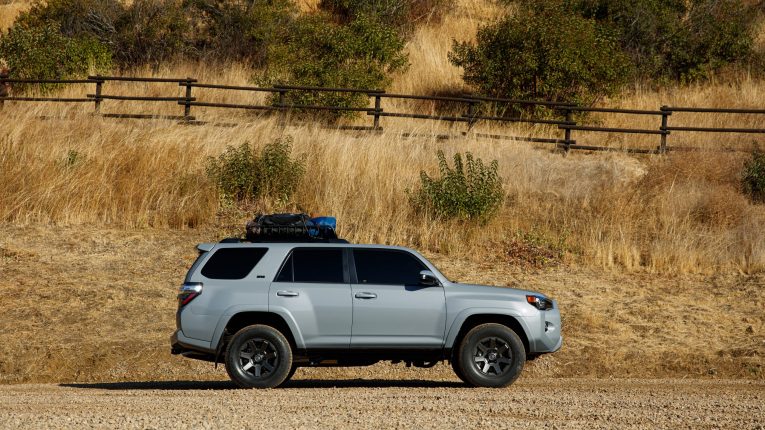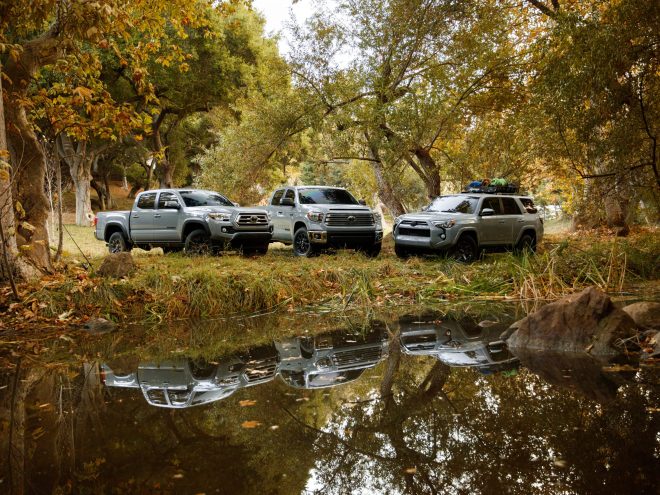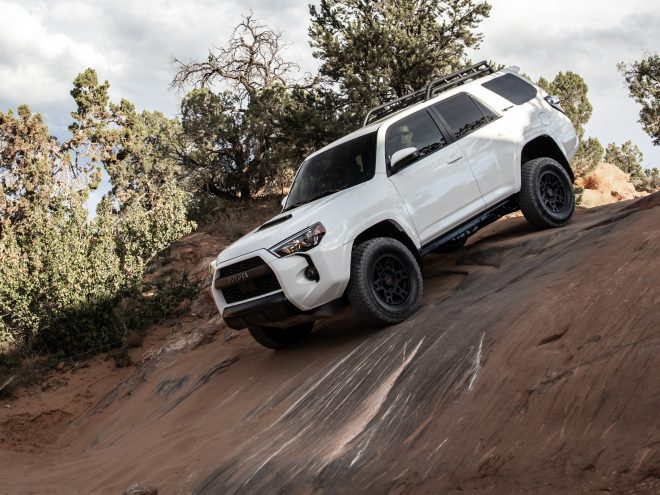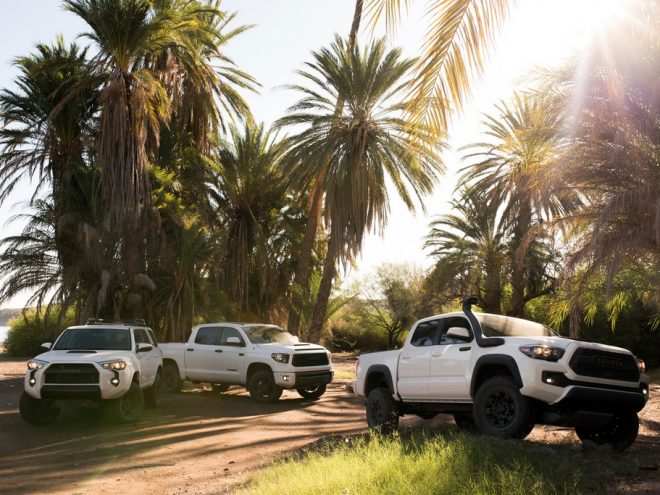
What to Consider Before Buying an Off-Road Vehicle
When it comes time to buy a new vehicle, there are many things to consider. If you’re looking for an off-road car that can handle the toughest terrain, there are a few key factors you’ll want to keep in mind. Here is a list of the most important considerations when making your purchase.
1) Type of terrain
The first thing that comes to mind when most people think about off-roading is probably driving through deep mud or over large rocks. And while those activities are definitely possible in many off-road vehicles, it’s important to remember that not all off-road vehicles are created equal. Depending on the type of terrain you plan on driving, you’ll need to choose a vehicle that’s up to the task.
If you’re mostly sticking to trails and fire roads, a smaller, nimbler vehicle might be all you need. But if you’re planning on tackling more extreme off-road conditions, like rock crawling or mud bogging, you’ll want a beefier machine with more ground clearance and tire size.
Another important consideration is how much weight your off-road vehicle will be carrying. If you plan on carrying a lot of gear or passengers, make sure to choose a vehicle that can handle the extra weight without sacrificing performance.
2) Suspension
Another important factor in choosing an off-road vehicle is suspension. When driving on rough terrain, a sound suspension system is essential for keeping you comfortable and giving you the best possible control of your vehicle.
There are a few different types of suspensions available, so it’s important to do some research to find the one that will work best for your needs. For example, if you’re mostly sticking to trails, a basic coil spring suspension might be all you need. But if you’re planning on tackling more extreme conditions, like rock crawling or mud bogging, a more sophisticated system like air shocks or coil overs will give you the best performance.
No matter what type of suspension you choose, make sure to get it tuned specifically for your vehicle and driving style by a qualified professional like Eugene Mechanic. This will ensure that you get the most out of your off-road experience. Also, keep in mind that suspension systems can be very expensive, so it’s important to factor this into your budget when making your purchase.
3) Tires
All-terrain tires are a must for any off-roader. They provide better grip and stability on loose surfaces like sand, gravel, and mud. However, if you plan on doing a lot of off-roading, it’s worth investing in a set of dedicated off-road tires. Off-road tires typically have deeper tread patterns than regular passenger car tires. This helps them displace mud, sand, and other debris more effectively. They also tend to be wider than regular tires, which gives them better traction on soft surfaces.
When choosing off-road tires for your vehicle, it’s important to consider the type of terrain you’ll be driving on most often. For example, if you’re mostly driving on sandy or gravel roads, you’ll want tires with shallow tread patterns. On the other hand, deep-treaded off-road tires are better suited for mud and other debris-filled conditions.
Another vital consideration is tire size. Most off-road vehicles come equipped with larger-than-average tires. This gives them better ground clearance and helps them navigate over obstacles more easily. If you’re planning on doing a lot of rock crawling or driving in deep mud, you’ll want to choose the largest tires your vehicle can accommodate.
One final thing to keep in mind is that off-road tires can be noisy on paved roads. Therefore, if you do a lot of driving on pavement, you may want to consider a second set of wheels and tires for your off-roader. This way, you can swap out your off-road tires when you’re not using your vehicle for off-roading.
4) Lighting
When driving off-road, it’s important to have a good lighting system. This will help you see the terrain in front of you more clearly, and it will also make your vehicle more visible to other drivers.
There are a few different types of lights available for off-roaders. Halogen lights are the most common, and they’re a good choice for general trail driving. But if you’re planning on doing a lot of night driving or rock crawling, LED lights are a better option. They provide brighter light with less power consumption, which is ideal for off-road conditions.
Another type of light to consider is a spotlight. These are typically used in conjunction with regular headlights, and they provide a focused beam of light that can help you see further down the trail. Spotlights are especially useful for night driving, as they can help you avoid obstacles in the darkness.
When choosing off-road lights for your vehicle, it’s important to consider both function and form. You want lights that will provide adequate illumination, but you also don’t want them to be so large or bulky that they get in the way when driving. It’s also worth considering how easy the lights are to install and remove. Some off-roaders prefer modular lights that can be removed when not in use, while others like permanent fixtures that are always ready to go.
5) Recovery Equipment
If you’re planning on doing any serious off-roading, recovery equipment is a must. This includes items like winches, tow straps, and shovels. Recovery gear is used to help get your vehicle unstuck when it becomes stuck in mud, sand, or snow.
Winches are perhaps the most critical piece of recovery equipment. They allow you to pull your vehicle out of difficult situations by attaching it to another vehicle or a solid anchor point. When choosing a winch, it’s important to consider the weight of your vehicle. Heavier vehicles will require more powerful winches with higher weight capacities.
Tow straps and chains are other essential pieces of recovery gear. These can be used to tow your vehicle out of a ditch or pull it up a steep hill. When selecting two straps, it’s important to choose ones that are made from high-quality materials. Cheap straps can easily break, which could lead to serious accidents.
In conclusion, there are a few important things to consider when buying an off-road vehicle. From tires and lighting to recovery equipment, it’s essential to choose the right products for your needs. Then, with a little research, you can find the perfect off-roader for your next adventure.






